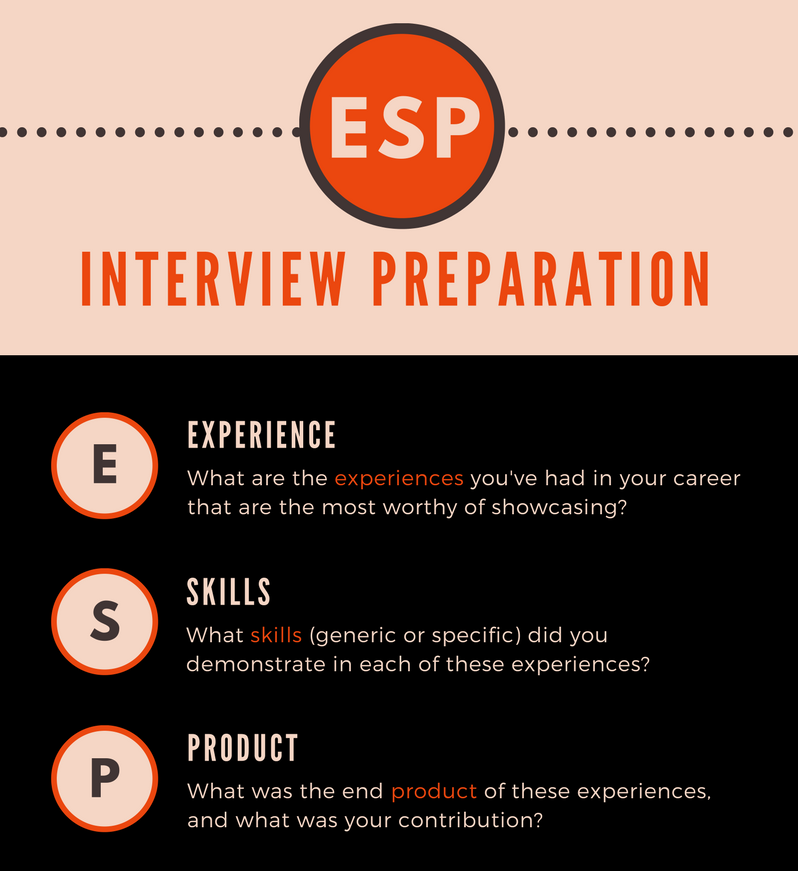 There are countless job interview sites out there aimed at helping prospective employees put their best foot forward in an interview situation. Most offer quite similar advice: Research the company and role. Arrive early. Know how to respond to behavioural questions using the CAR method. Dress to impress (whatever that means). Be prepared on how to answer some common questions.
There are countless job interview sites out there aimed at helping prospective employees put their best foot forward in an interview situation. Most offer quite similar advice: Research the company and role. Arrive early. Know how to respond to behavioural questions using the CAR method. Dress to impress (whatever that means). Be prepared on how to answer some common questions.
It’s this last one that frustrates me. Not because it is bad advice (it is always a good idea to be able to answer ‘what is your greatest weakness’ with something a little more interesting than ‘I’m a perfectionist’), but because it is incomplete. Think of this advice as the equivalent of advising a student to prepare solely for an exam by rote learning the answers to the exams from the last couple of years, rather than getting them to focus on understanding the subject matter.
What I want to share is a quick technique which provides a more robust way of being prepared to respond to interview questions, and it is something I’ve picked up from watching, of all people, politicians.
Ever watched a politician get interviewed? No matter what the question is, the response will rapidly work its way back to the answer that they want to give, often to the utter frustration of the interviewer. Ninety-nine times out of a hundred a politician will be verbally deft enough to find some sort of angle on the question that will let them get back to the message that they want to get across. Now I am not at all suggesting this specifically is a good idea for an interview – an interviewer can make a decision which can bring about your demise in a few minutes rather than at the end of a four-year term!
What I do want to point out in this situation is that politicians will have a very clear set of ‘talk tracks’ which they will always look to work the conversation back towards in order to get their message across. It is very rare that a politician will be asked a question to which they stumble for a response, and when it does happen then it usually sticks out like a sore thumb for all the wrong reasons – just like when an interview candidate struggles to answer a question, or freezes up like a rabbit in the headlights. For a politician these talk tracks will be all about preserving the ‘party line’, whereas for an interview candidate this should be all about putting forward the most powerful evidence possible to demonstrate on that person’s knowledge, skills and experience.
So how can you go about this?
I use a three-step process which aims to give me a one or two page ‘cheat sheet’ that I can use in an interview, using a method I call ESP – Experience, Skills and Product.

Step 1: Pick your most worthwhile career experiences
Unless you’re at the absolute beginning of your career, you should be able to identify a handful (no more than five I reckon) of times in your career when you’ve done good work. This doesn’t have to be I-built-a-space-shuttle good, but it should be the events in your career where you’ve done something that represents you at your best. It also doesn’t have to be project work – it could simply be that you show up day-in-day-out and do a good job. If you genuinely can’t think of anything then ask a co-worker or your line manager what they think are the best things you’ve done in the past or are currently doing. This can be a bit confronting, particularly if you’re not the self-promotional type, but it is important to know what the things are in your working life that make you valuable, whatever they are. Try and come up with a bit of variety if you can, work which has achieved different things or used different skills, and pick the things which if your career was to end today then you’d want people to look back on and remember you for having done them. For each of these experiences, write down a brief description of what the problem was and what your role was in the work.
Step 2: Connect employability or technical skills to each of these experiences
For each of the experiences you’ve listed, think about and write down some of the skills, knowledge or experience that you demonstrated. A good starting point for this are basic employability skills – there are plenty of lists of these around, but this one is a good start. If you look at a list of skills like this and realise that the examples you’ve chosen don’t cover most of them, then perhaps it would be a good time to go back to Step 1 and see of there are other examples that you could choose to make sure you are covering off on these ‘basics’. Beyond these generic skills, also think about if there are particular technical/specialist skills that you demonstrated during these experiences – project management, financial accounting, contract negotiation, conflict or change management – thinking particularly about how these skills connect back to the job description of the role you’re applying for.
Step 3: Summarise each experience by defining the end product
I’m using the term ‘product’ in a very generic sense here. The product could be something tangible (an actual product, whether it be physical or virtual), or something less tangible (like a successfully managed change or a positive customer experience). Ultimately, wherever you work, you’re being paid to deliver some sort of outcome for your employer, and this is what it is important to clearly articulate in this step. Whatever this is, make sure that you can talk about the product or outcomes from your work, including how you know that the product was a success, and what part you played to make it so. This last part – what role you played – is in my experience a very often overlooked aspect of CAR responses, and it isn’t enough to say that you were ‘involved’ in something. Be clear, concise and focused when you talk about what specific role you played in your experiences to create the end product.
Then what?
By now you should have ideally one page, but certainly no more than two pages, worth of ‘talk tracks’ for your interview. Hopefully you’ll have a good spread of skills tagged against each experience, so that if you are asked (for example) to ‘tell us about a time when you improved an existing process in your workplace’ then you can skim through your skills tags, pick a relevant experience which demonstrates that skill, and know that you’re talking about something in your career which is demonstrating your worth to the best of your abilities. Yes, you’ll still need to be able to give CAR-style responses, but at least you’ll have the most valuable experiences in your career to use as the ‘launch pad’ for these responses rather than having to try and rack your memory for a good example in the heat of the moment – or worse, not being able to think of anything and freezing up.
Having a cheat sheet like this will help avoid those awful moments when you walk out of an interview and think to yourself ‘damn, when they asked about x I should have talked about y rather than z – what was I thinking!’, and it will help you navigate unexpected behavioural questions far more effectively than trying to rote-learn specific answers to predicted questions.